
In recent years, Quang Ninh has continuously been in the leading group of the country in terms of PCI, PAR Index, SIPAS and PAPI. This result reflects the open investment environment and the determination to build a service-oriented, transparent and professional administration. Since 2021, the province has issued a series of guiding resolutions, such as: Resolution 05-NQ/TU (dated April 9, 2021) of the Provincial Party Committee on promoting administrative reform, improving the investment and business environment, enhancing provincial competitiveness by 2025, with a vision to 2030; Resolution 09-NQ/TU of the Provincial Party Committee Standing Committee (dated February 5, 2022) on digital transformation in Quang Ninh province by 2025, with a vision to 2030; along with many specific mechanisms to motivate the administrative apparatus to operate effectively in new conditions.
In particular, when switching to a two-level local government model, the system of 54 Public Administration Service Centers at commune, ward and special zone levels has become an "extended arm" of the government, helping to standardize and connect the process of handling administrative procedures throughout the province. From there, a foundation for administrative operations "without paperwork, without boundaries, without distance" has been formed.
Applying information technology and digital transformation has helped Quang Ninh optimize the reception process, shorten processing time and increase transparency in handling administrative procedures. To date, the province has publicized 2,069 administrative procedures on the National Public Service Portal; more than 53% of procedures have been shortened by 30-50% of the time; the rate of files processed correctly and before the deadline is over 99.5%. 100% of procedures are digitized, people can look up the processing progress in real time, minimizing travel and waiting. Notably, 98.4% of files are currently processed online; 100% of fees and charges are paid non-cash; nearly 1,900 administrative procedures are carried out "without boundaries", allowing people to transact at any center within a radius of less than 30 minutes of travel.
The province also pioneered the deployment of the iSee virtual assistant to provide 24/7 support, issued more than 65,000 public digital signatures for free, provided instructional videos and simulated online processes - steps that demonstrate the vision of "taking people as the center". Thanks to that, the satisfaction index of people and businesses has always been maintained above 99%, becoming a clear demonstration of the effectiveness of the modern administrative model, taking service quality as a measure.
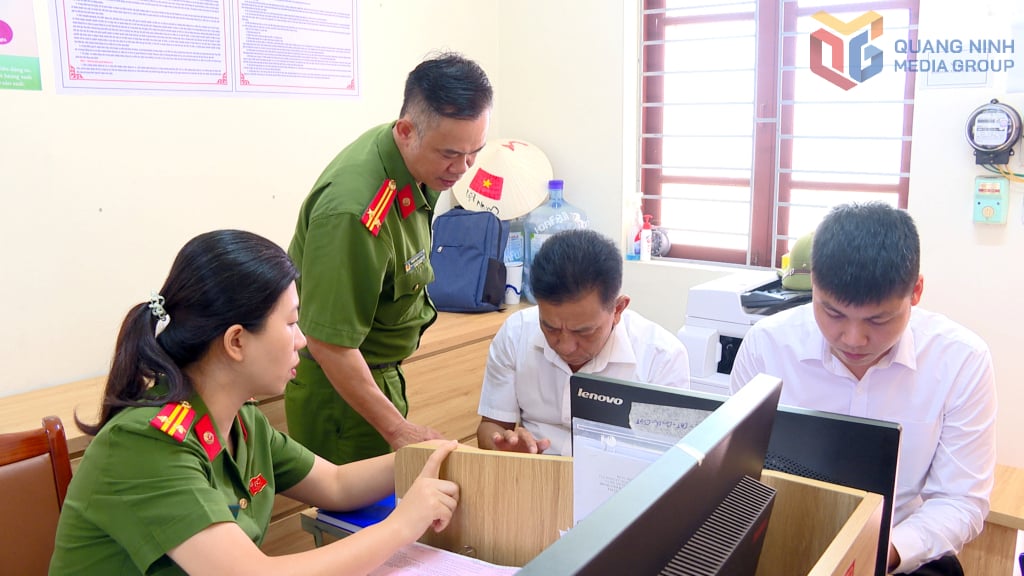
However, the application of information technology and digital transformation in administrative procedure settlement activities is still slow in connecting and sharing inter-sectoral data between agencies, units and localities. In remote, border and island areas, information technology infrastructure such as internet and technology equipment is still lacking or unstable. A part of the population, especially the elderly, has limited skills in using online platforms. This makes it difficult to access and use information technology applications and digital transformation in administrative procedure settlement.
Director of the Provincial Public Administration Service Center Nguyen Hai Van said: The key to "paperless, borderless, distance-free government" is digital transformation, applying information technology to standardize data from the root. Therefore, the Center focuses on restructuring the administrative procedure settlement process in the Provincial Administrative Procedure Settlement Information System with high synchronization, standardizing according to national and international standards.
Accordingly, the provincial administrative procedure settlement information system will be the center for connecting "vertically - horizontally" at all levels (central - provincial - communal), closely linked with existing systems, from the National Public Service Portal to national databases (population, land, enterprises...) and other specialized databases, through promoting the digitization of input records, results of administrative procedure settlement and converting all administrative forms into electronic forms. At the same time, allowing automatic filling of available information via the VNeID application. People only need to supplement missing information, data is standardized, stored and reused effectively, ensuring data connectivity between systems and agencies. Furthermore, when using Big Data analysis and artificial intelligence (AI), the system becomes a smart "assistant", automating repetitive tasks in receiving, processing and responding to administrative procedure records, helping officials free up labor, focus on highly specialized work as well as analyze data to identify bottlenecks, cumbersome or rarely used procedures, thereby proposing scientific reductions. The system also helps predict the needs of people and businesses at each time, thereby preparing human resources and facilities in a timely manner, ensuring service quality, avoiding overload, and personalizing administrative procedures based on history of records to suggest related procedures or warn of deadlines.
Source: https://baoquangninh.vn/xay-dung-nen-hanh-chinh-khong-giay-to-khong-dia-gioi-khong-khoang-cach-3379515.html


![[Photo] Opening of the World Cultural Festival in Hanoi](https://vphoto.vietnam.vn/thumb/1200x675/vietnam/resource/IMAGE/2025/10/10/1760113426728_ndo_br_lehoi-khaimac-jpg.webp)


![[Photo] Ho Chi Minh City is brilliant with flags and flowers on the eve of the 1st Party Congress, term 2025-2030](https://vphoto.vietnam.vn/thumb/1200x675/vietnam/resource/IMAGE/2025/10/10/1760102923219_ndo_br_thiet-ke-chua-co-ten-43-png.webp)

![[Photo] General Secretary attends the parade to celebrate the 80th anniversary of the founding of the Korean Workers' Party](https://vphoto.vietnam.vn/thumb/1200x675/vietnam/resource/IMAGE/2025/10/11/1760150039564_vna-potal-tong-bi-thu-du-le-duyet-binh-ky-niem-80-nam-thanh-lap-dang-lao-dong-trieu-tien-8331994-jpg.webp)








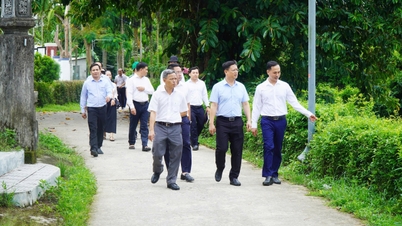

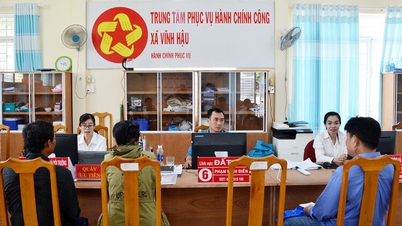

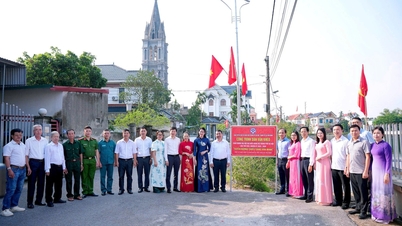





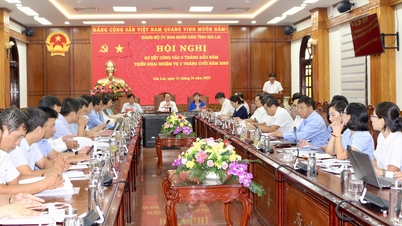
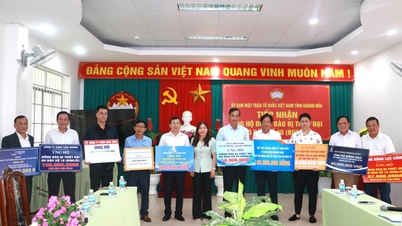






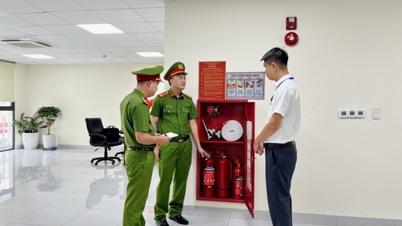














































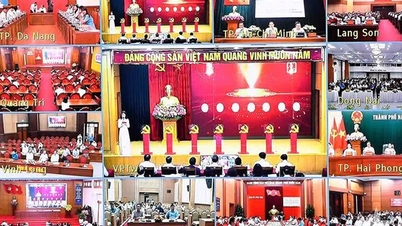

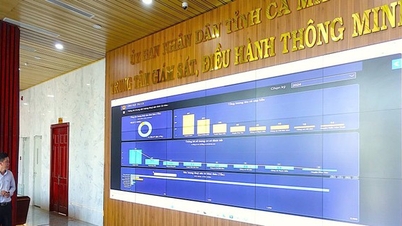
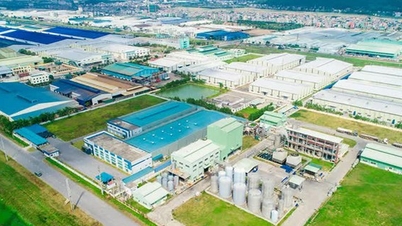
























Comment (0)